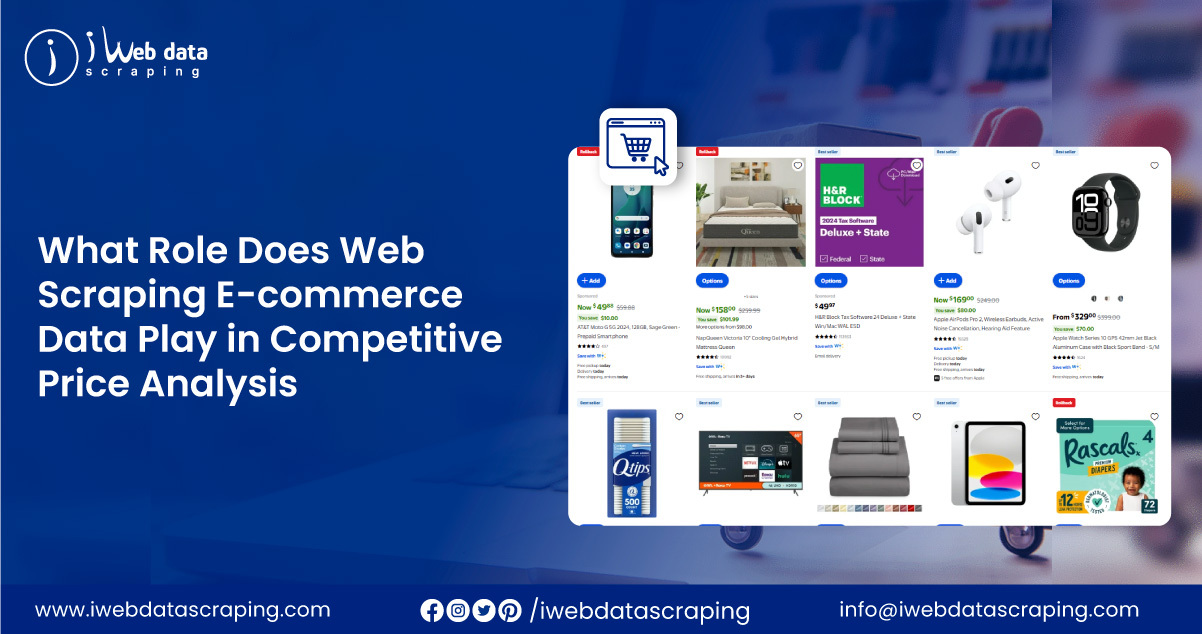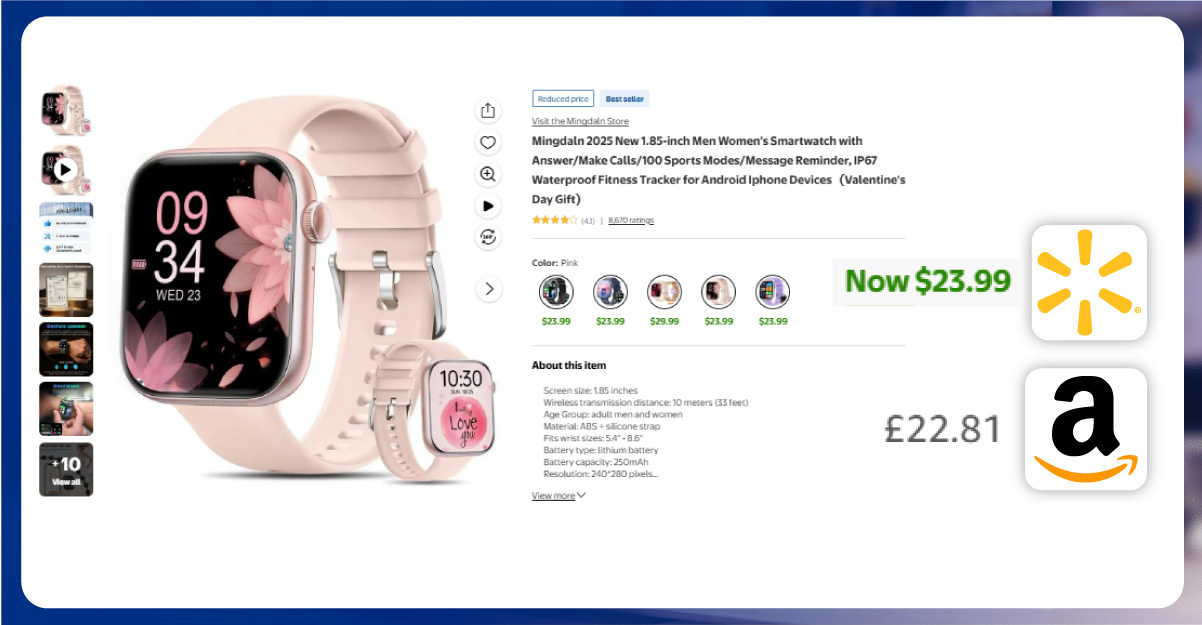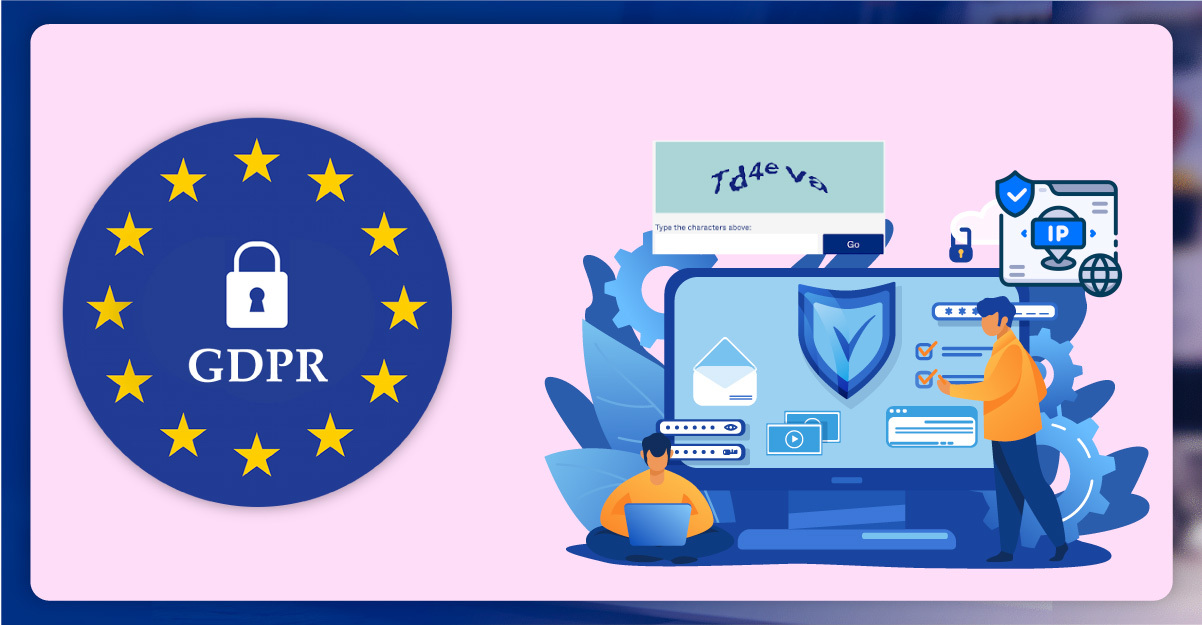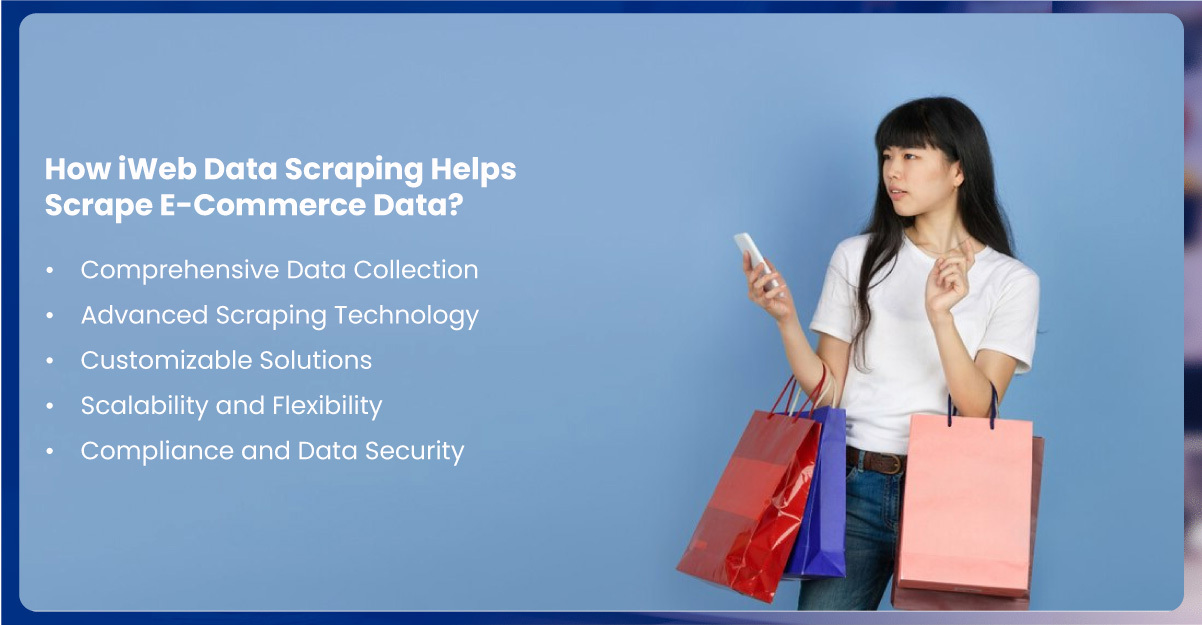

In today’s digital landscape, businesses use Web Scraping E-commerce Data for Better Supplier Sourcing to optimize their supply chain and sourcing strategies. E-commerce platforms provide crucial supplier insights, including pricing trends, product availability, customer reviews, and competitor analysis. Companies can collect and analyze this data using web scraping to find the best e-commerce suppliers and make informed purchasing decisions.
With Ecommerce Data Scraping Services , businesses can identify trustworthy suppliers, negotiate competitive prices, and ensure a consistent supply of high-quality products. This data-driven approach helps businesses stay ahead by adapting to market trends, improving supplier relationships, and reducing procurement risks. Web scraping empowers companies with real-time data, enabling them to streamline their sourcing process, enhance cost efficiency, and maintain a competitive edge. By leveraging advanced data extraction techniques, businesses can make strategic decisions that drive profitability and long-term success in the evolving e-commerce landscape.

Web scraping plays a vital role in supplier sourcing by extracting real-time data on pricing, product availability, and competitor insights from e-commerce platforms. This enables businesses to effectively identify reliable suppliers, negotiate better deals, and optimize their procurement strategies.

While web scraping offers numerous benefits, businesses must address specific challenges:
Legal and Ethical Considerations: Many e-commerce platforms have terms of service that restrict automated data extraction. Businesses must ensure compliance with legal frameworks such as GDPR and respect website policies. Violating these terms can result in legal consequences, including fines and account bans. It is crucial to obtain explicit permission or use APIs where available. Companies should stay updated with evolving regulations in different regions to avoid compliance issues. Ethical considerations also extend to respecting user privacy and avoiding data misuse.
Data Accuracy and Reliability: Extracted data must be validated and cleaned to ensure accuracy. Businesses should implement quality control measures to avoid making decisions based on incomplete or incorrect data. Data integrity can be compromised due to duplication, outdated information, or inconsistencies. Implementing automated validation techniques and AI-driven anomaly detection can enhance reliability. Regular audits and comparisons with official sources help maintain data credibility. Poor data quality can lead to misguided business strategies, impacting revenue and customer trust.
Website Structure Changes: E-commerce platforms frequently update their website structures, which can disrupt scraping scripts. Continuous monitoring and adaptive scraping strategies are necessary to maintain data extraction efficiency. Dynamic websites using JavaScript-heavy content can pose additional challenges. Implementing intelligent parsers that adjust to minor structural changes can reduce downtime. Regularly testing and updating scrapers minimizes disruptions in data flow. Failing to adapt can lead to loss of critical business insights and inaccurate datasets.
Anti-Scraping Mechanisms: Websites use CAPTCHAs, IP blocking, and bot detection techniques to prevent automated data collection. To circumvent these restrictions, businesses must deploy advanced scraping methods, such as rotating proxies and headless browsers. Using machine learning models to mimic human-like interactions can enhance bypassing efficiency. Employing residential proxies and user-agent rotation helps avoid detection. Legal and ethical considerations should guide the use of bypassing techniques to prevent blacklisting. Overcoming these challenges requires a well-structured and compliant data extraction strategy.


The future of supplier sourcing will be driven by advanced data analytics, automation, and AI-powered web scraping tools. Businesses will increasingly rely on these technologies to extract, analyze, and visualize supplier data with greater accuracy and efficiency. AI-driven insights will help identify pricing trends, monitor supplier performance, and detect potential supply chain risks in real time.
Predictive analytics will play a crucial role in forecasting demand fluctuations and anticipating supply chain disruptions, enabling businesses to take proactive measures in managing supplier relationships. Additionally, blockchain technology may revolutionize supplier sourcing by enhancing data transparency and authentication. Companies will be able to verify supplier credentials, certifications, and compliance records more securely, reducing the risks associated with unreliable suppliers.
By integrating these cutting-edge technologies, businesses will optimize procurement strategies, strengthen supplier partnerships, and gain a competitive advantage in an increasingly data-driven marketplace. The future of supplier sourcing will be smarter, faster, and more reliable than ever before.
Web scraping revolutionizes supplier sourcing by providing businesses with actionable insights from e-commerce data. From price analysis and inventory tracking to supplier evaluation and market trend monitoring, web scraping empowers businesses to make data-driven decisions that enhance procurement efficiency. Despite challenges such as legal compliance and website restrictions, the benefits of web scraping far outweigh the limitations. As technology advances, businesses that leverage web scraping for supplier sourcing will gain a significant competitive advantage in the dynamic e-commerce landscape.
Experience top-notch web scraping service and mobile app scraping solutions with iWeb Data Scraping. Our skilled team excels in extracting various data sets, including retail store locations and beyond. Connect with us today to learn how our customized services can address your unique project needs, delivering the highest efficiency and dependability for all your data requirements.